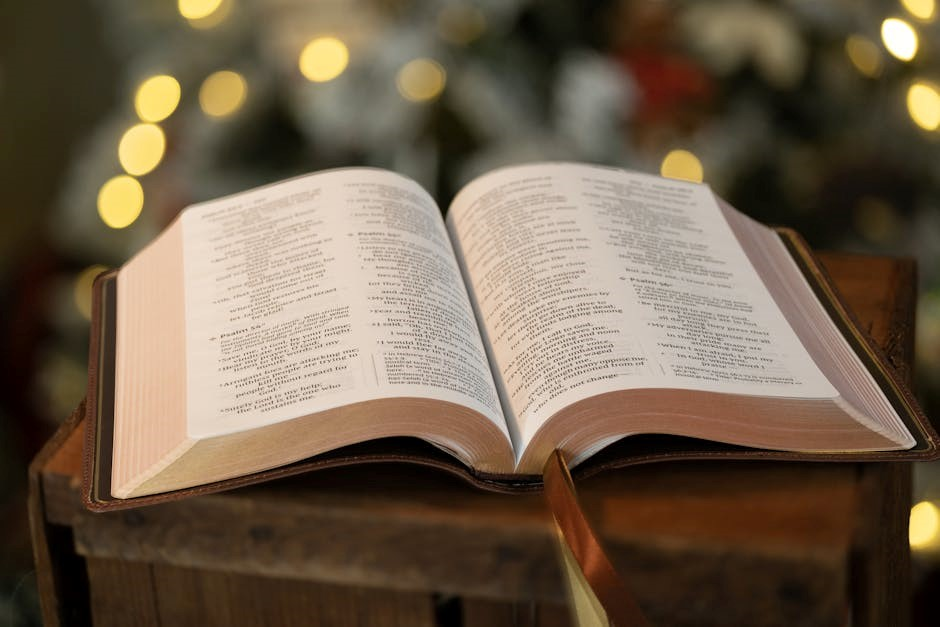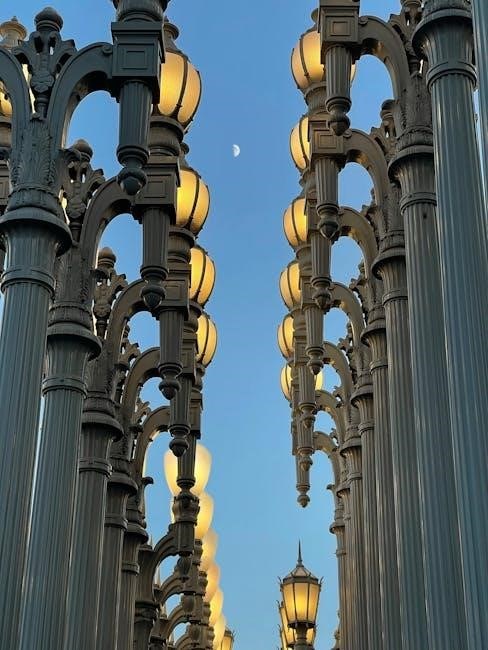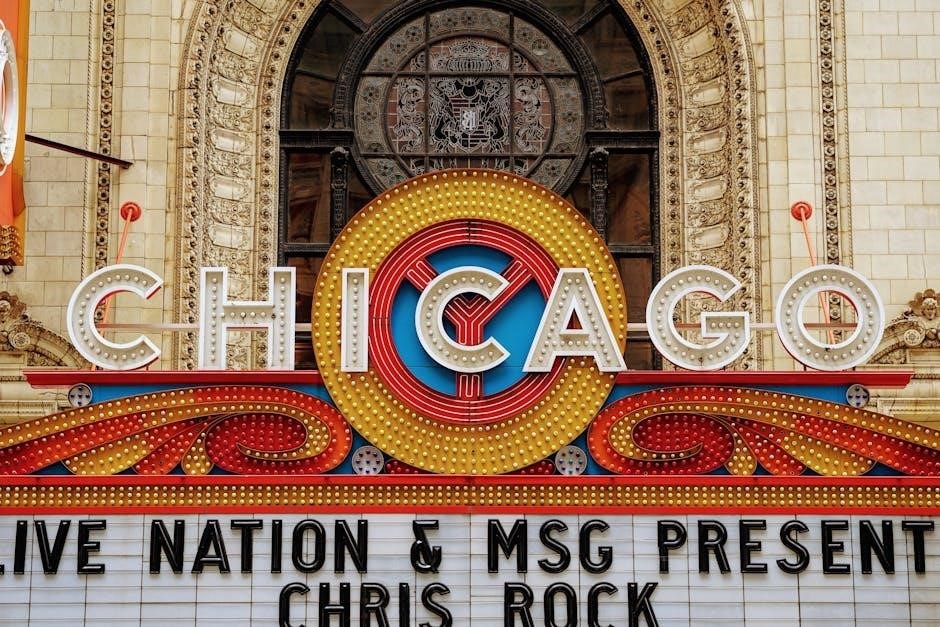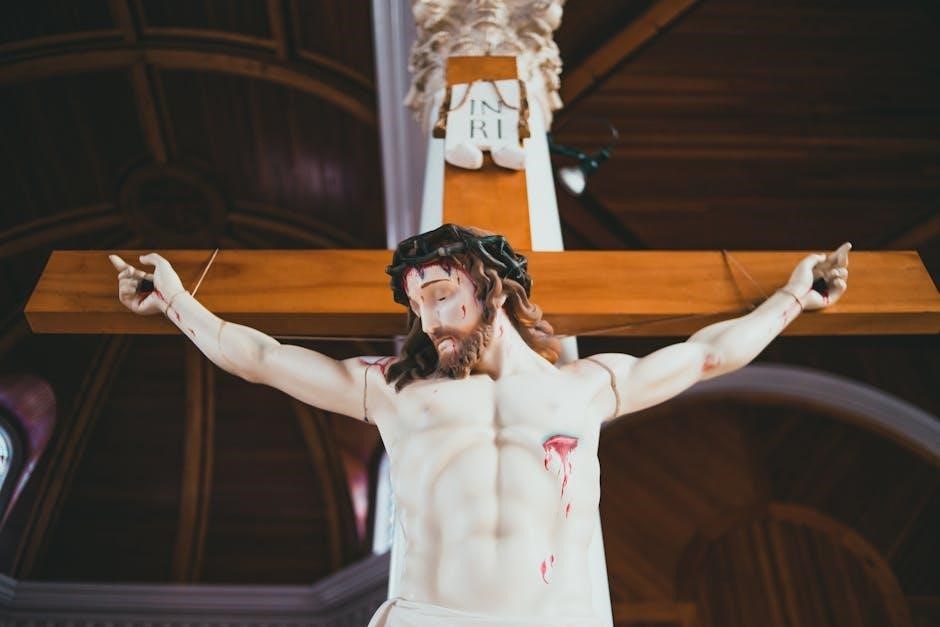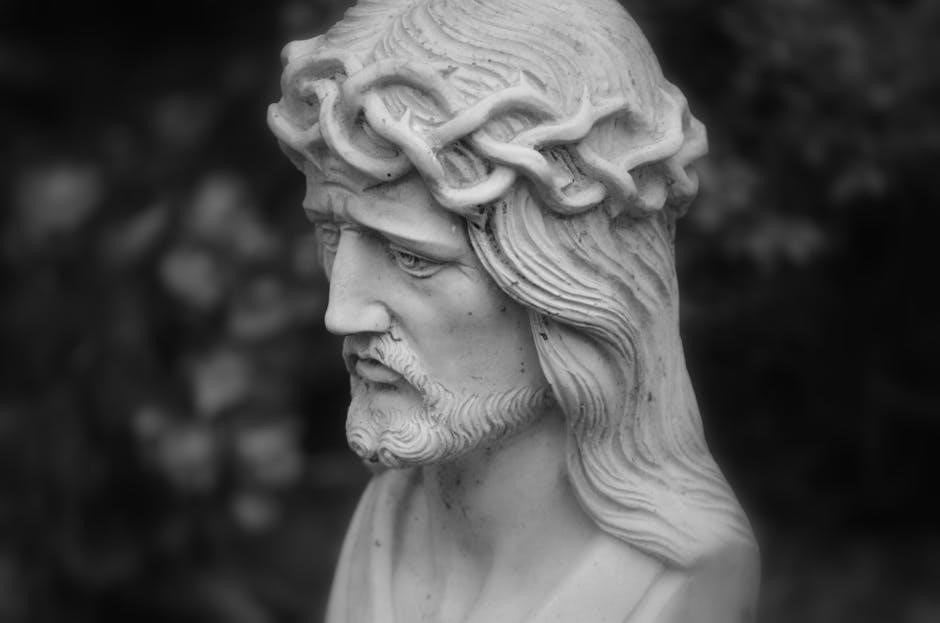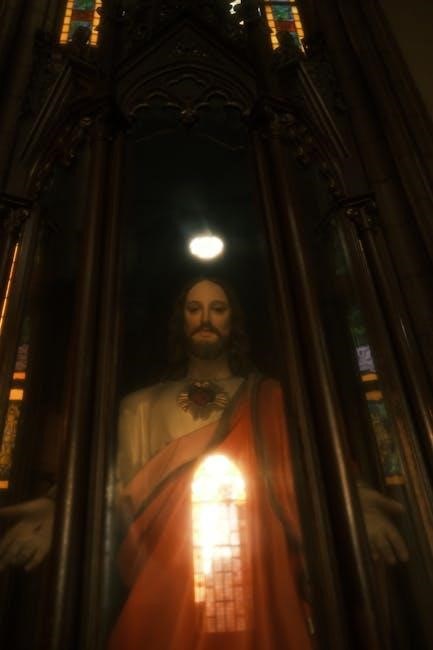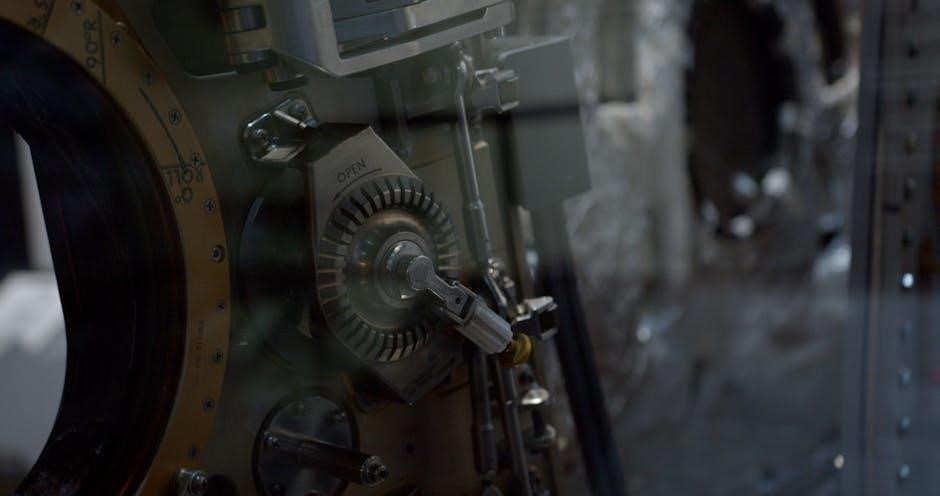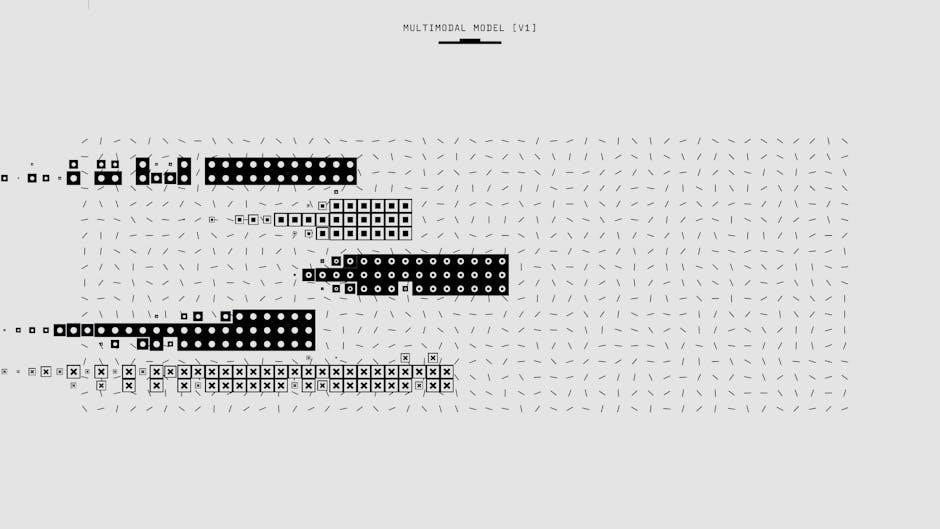Brook PS3 Sega PDF: An Overview
Devoted Health offers comprehensive plans, savings, and support, empowering individuals to live fulfilling lives with benefits tailored to their needs.
Understanding the Core Request
The central inquiry revolves around utilizing Brook adapters on a PlayStation 3 (PS3) to enable compatibility with classic Sega controllers – specifically those from the Saturn, Genesis, and Dreamcast eras. Users are seeking documentation, often in PDF format, detailing this process. This includes understanding adapter functionality, controller mapping, and potential troubleshooting steps.
Furthermore, the request extends to information regarding emulators on the PS3 capable of running Sega games. A key aspect is locating official Brook adapter manuals and guides. The date indicates current interest as of December 31, 2025, with information sourced from late 2024 and throughout 2025 regarding Devoted Health benefits, though this is contextual and not directly related to the adapter request itself.
The Significance of “Brook” and PS3 Compatibility
Brook Gaming, a recognized manufacturer, produces adapters designed to bridge compatibility gaps between different gaming systems. Their adapters are particularly sought after by retro gaming enthusiasts aiming to use legacy controllers on modern consoles like the PS3. The appeal lies in preserving the authentic gaming experience with preferred controllers.
PS3 compatibility is crucial as it offers a platform for both native game play and emulation. Brook adapters allow users to bypass the limitations of PS3 controller support, opening doors to a wider range of input options. Information regarding Devoted Health plans, while present in recent data (late 2024/2025), doesn’t directly impact the technical aspect of adapter functionality. The core value is recreating classic Sega experiences on the PS3.
Sega Emulation on PS3 – A Historical Context
The PS3, beyond its native game library, became a popular platform for emulation due to its Cell processor and software capabilities. Early efforts focused on emulating Sega’s classic consoles – the Master System, Genesis/Mega Drive, Saturn, and Dreamcast – allowing players to revisit beloved titles. This arose from a desire to preserve gaming history and experience games unavailable on modern systems.
While native PS3 support for older Sega controllers was limited, the rise of adapters like those from Brook facilitated a more authentic experience. Recent information regarding Devoted Health benefits (as of late 2024/early 2025) is unrelated to this historical gaming context. The PS3’s homebrew scene played a vital role, providing emulators and tools for customization, enhancing the emulation experience.

Brook Adapters and PS3 Functionality
Devoted Health provides customer support via Guides available from 8am to 8pm, seven days a week, offering assistance and resources.
What are Brook Wingman Adapters?

Devoted Health plans, like Devoted CHOICE GIVEBACK Georgia (PPO) for 2025, offer a detailed Summary of Benefits outlining costs and coverage. These plans aim to provide real monthly savings with benefits people will actually use. A key feature is access to dedicated Guides, available daily from 8am to 8pm, reachable by text or phone (1-800-DEVOTED).
Guides assist with questions about coverage and benefits, going beyond simple inquiries. Certain plans include yearly allowances for dental and eyewear, adding to the overall value. Devoted Health focuses on a complete package of benefits, support, and savings, designed to enhance members’ lives and provide a positive healthcare experience.
Specific Brook Adapter Models for PS3 (and Sega Controllers)
Devoted Health providers can access essential documents, including OTC Catalogs and Quick Reference Guides, through a dedicated resource portal. These materials support efficient plan administration and member care. The organization emphasizes readily available support, with Guides assisting members seven days a week.
Benefits are designed to help members live their best lives, offering both financial savings and comprehensive coverage. Devoted Health plans are gaining popularity, with thousands choosing them for their complete package of benefits, support, and savings. Access to Guides via text (86685) or phone ensures convenient assistance with plan-related questions and concerns.
Compatibility with Sega Controllers (Saturn, Genesis, Dreamcast)
Devoted Health’s 2025 plans, like Devoted CHOICE GIVEBACK Georgia (PPO), provide a clear overview of benefits and costs for members. Dental and eyewear allowances are included with certain plans, offering yearly funds for related expenses. Guides are available from 8am to 8pm daily to assist members with any questions or concerns regarding their coverage.

The focus is on simplifying healthcare access and maximizing benefits. Devoted Health aims to deliver a complete package of support, savings, and comprehensive benefits. Members can easily connect with Guides via text or phone, ensuring personalized assistance whenever needed. This dedication to service is a core tenet of the Devoted Health approach.

PDF Documentation and Resources
Devoted Health provides healthcare providers with essential documents, including OTC Catalogs and Quick Reference Guides, for streamlined plan management and support.
Locating Official Brook PS3 Adapter Manuals (PDF)
Devoted Health Guides are readily available from 8am to 8pm, seven days a week, offering assistance via text at 86685 or phone at 1-800-DEVOTED (3386833), with TTY support at 711.
Accessing these resources ensures members fully understand their benefits and can navigate the healthcare system effectively. Devoted Health emphasizes clear communication and proactive support. Their dedicated team assists with questions about coverage, benefits, and utilizing plan features. Furthermore, Devoted Health provides a yearly dental and eyewear allowance with select plans, enhancing overall well-being. The focus remains on simplifying healthcare and empowering individuals to live healthier, more fulfilling lives. Detailed plan summaries, like the 2025 Summary of Benefits for Devoted CHOICE GIVEBACK Georgia (PPO), are also available.
Troubleshooting Guides in PDF Format
Devoted Health plans are designed to help members live their best lives, offering real monthly savings through benefits they’ll actually use. Currently, services are available in selected counties across several states including Alabama, Arizona, and Florida.
Healthcare providers can access essential documents like OTC Catalogs and Quick Reference Guides through Devoted Health’s dedicated resource portal. These materials streamline processes and ensure accurate information is readily available. Devoted Health aims to provide a complete package of benefits, savings, and support. Thousands are choosing Devoted Health for its comprehensive approach to healthcare. The organization prioritizes customer service, with Guides available to answer questions and resolve issues promptly, ensuring a positive member experience.
Sega Controller Mapping and Configuration PDFs
Devoted Health provides Medicare Advantage plans with complete benefits designed to help members save monthly. Their customer service team, known as Guides, offers more than just answers to benefit questions; they provide comprehensive support.
Certain Devoted Health plans include a yearly dental and eyewear allowance, offering financial assistance for vision and dental care. Guides are available seven days a week, from 8am to 8pm, via text or phone (1-800-DEVOTED). Devoted Health focuses on a holistic approach, combining benefits, savings, and dedicated support. The organization’s goal is to empower individuals to live the life they want, with accessible and comprehensive healthcare solutions tailored to their specific needs and preferences.

PS3 Emulation and Sega Games
Devoted Health’s healthcare providers can access essential documents like OTC Catalogs and Quick Reference Guides for streamlined plan information access.
Using Emulators on PS3 for Sega Titles
Devoted Health provides Medicare Advantage plans designed to offer monthly savings and comprehensive benefits, focusing on real-world usability for its members. Their Guides, available seven days a week via phone or text (866-85), assist with questions regarding coverage and benefits.
Certain Devoted Health plans include yearly allowances for dental and eyewear expenses, enhancing overall wellness. The company emphasizes a complete package of benefits, support, and savings, aiming to improve the lives of those they serve. Members can access detailed plan overviews, like the 2025 Summary of Benefits for Devoted CHOICE GIVEBACK Georgia (PPO), to understand their coverage fully.
Legal Considerations of Emulation
Devoted Health’s healthcare providers have access to essential documents, including OTC Catalogs and Quick Reference Guides, streamlining plan information. The company serves select counties across multiple states – Alabama, Arizona, Arkansas, Colorado, Florida, and more – continually expanding its reach.
Devoted Health emphasizes customer service, with Guides available from 8am to 8pm daily. Plans like Devoted CHOICE GIVEBACK Georgia (PPO) offer detailed summaries of benefits and costs for the 2025 plan year. The organization focuses on providing a complete healthcare experience, combining benefits, savings, and dedicated support to help members live the lives they desire.
Optimizing PS3 Emulation for Sega Games
Devoted Health plans include valuable benefits like yearly dental and eyewear allowances, offering financial assistance for vision and dental care. Member Service Guides are readily accessible via text (86685) or phone (1-800-DEVOTED), providing support seven days a week.
The company’s commitment extends to simplifying healthcare access, ensuring providers have necessary documentation. Devoted Health aims to deliver a comprehensive package of benefits, savings, and support, enabling members to achieve their desired lifestyle. Currently, Devoted Health operates in a growing number of states, focusing on providing accessible and beneficial healthcare solutions.

Devoted Health and Related Information (Contextual Relevance)
Devoted Health provides Medicare Advantage plans with complete benefits, aiming to save members money monthly, alongside dedicated customer service support teams.
Devoted Health Plans and Benefits Overview
Devoted Health distinguishes itself by offering plans designed to genuinely benefit members, translating into tangible monthly savings. These aren’t just standard Medicare Advantage plans; they’re crafted to be actively used, providing value beyond typical coverage.
Currently, Devoted Health extends its services across several states, including Alabama, Arizona, Arkansas, Colorado, Florida, Georgia, Hawaii, Illinois, Indiana, Kentucky, Mississippi, and Missouri. A key feature is the inclusion of yearly allowances for dental and eyewear, accessible via a dedicated card.
Furthermore, Devoted Health emphasizes readily available support through “Guides” accessible via phone (1-800-DEVOTED) or text (86685), operating seven days a week from 8 am to 8 pm. They aim to provide a complete package of benefits, savings, and support, fostering a better quality of life for their members.
Devoted Health Guides and Customer Support
Devoted Health prioritizes accessible and comprehensive customer support through its dedicated team of “Guides.” These Guides are more than just representatives answering basic questions; they are equipped to assist with a wide range of inquiries regarding benefits, coverage details, and plan specifics.
Members can easily connect with a Guide seven days a week, from 8:00 AM to 8:00 PM, via text message at 86685 or by calling 1-800-DEVOTED (3386833), with TTY access available at 711. This multi-channel approach ensures convenient access to assistance.
The Guides aim to simplify the healthcare experience, offering personalized support and guidance. They are a core component of Devoted Health’s commitment to providing a complete package of benefits, savings, and dedicated assistance to its members, enhancing overall satisfaction.
Dental and Eyewear Allowances with Devoted Health
Devoted Health plans often include a valuable benefit: a yearly allowance specifically designated for dental and eyewear expenses. This allowance is provided via a dedicated card, empowering members to proactively manage their vision and oral health needs.

The amount of the annual allowance varies depending on the specific Devoted Health plan selected. Members can utilize these funds to cover a wide range of services, including routine dental check-ups, cleanings, and eyewear purchases like glasses or contact lenses.
This allowance is designed to reduce out-of-pocket costs and promote preventative care, contributing to overall well-being. It’s a key component of Devoted Health’s commitment to providing comprehensive and accessible healthcare benefits.

Additional Resources
Devoted Health Guides are readily available from 8 AM to 8 PM, seven days a week, via text or phone support.
Online Forums and Communities for PS3 and Sega Fans
Devoted Health prioritizes accessible support, offering benefits designed for real-life use and substantial monthly savings. Their Guides provide comprehensive assistance, extending beyond basic questions to cover coverage details and plan specifics. Members can easily connect with a Guide via text message at 86685 or by calling 1-800-DEVOTED (3386833), with TTY support also available at 711.
Furthermore, Devoted Health plans often include yearly allowances for dental and eyewear, enhancing overall well-being. The company focuses on a complete package of benefits, savings, and dedicated support, aiming to empower individuals to live the lives they desire. Resources like OTC catalogs and quick reference guides are readily available for healthcare providers.
Where to Purchase Brook Adapters
Devoted Health plans, like the Devoted CHOICE GIVEBACK Georgia (PPO) for 2025, provide a detailed Summary of Benefits outlining costs and coverage. The organization emphasizes a holistic approach to healthcare, combining benefits, savings, and dedicated support to improve member experiences. Guides are available seven days a week, from 8am to 8pm, offering assistance via text or phone.
These plans are currently available in select counties across several states including Alabama, Arizona, Arkansas, and Florida. Devoted Health aims to simplify healthcare navigation, offering resources and support to help members maximize their benefits and achieve optimal well-being. Their focus is on providing a complete and user-friendly healthcare solution.

Frequently Asked Questions (FAQ) about Brook Adapters and Sega on PS3
Devoted Health members benefit from access to Guides who can answer questions about coverage and benefits, going beyond simple inquiries. Certain plans include a yearly dental and eyewear allowance, providing financial assistance for vision and dental care. Healthcare providers can access essential documents like OTC Catalogs and Quick Reference Guides through Devoted Health’s dedicated resource portal.
The organization prioritizes customer service, offering support seven days a week. Devoted Health plans are designed to offer real monthly savings and a comprehensive package of benefits. They currently serve selected counties in multiple states, focusing on a complete and supportive healthcare experience for their members.















